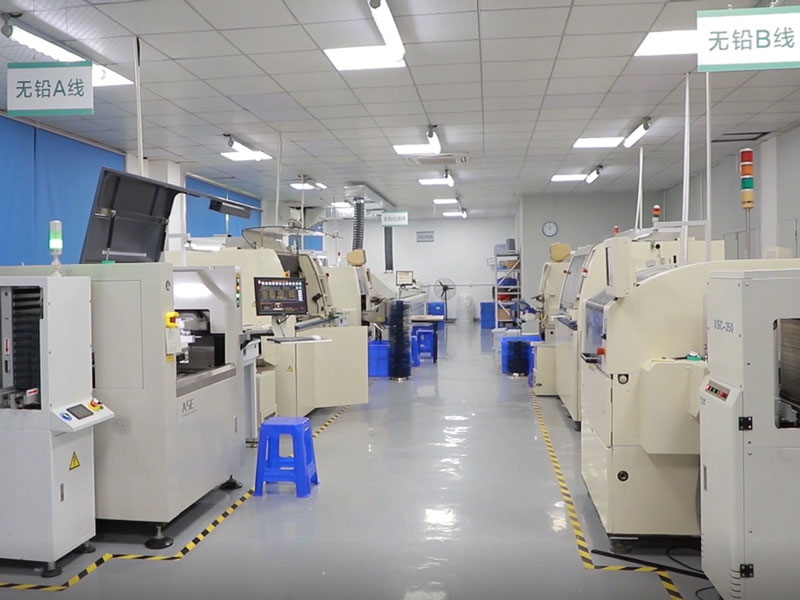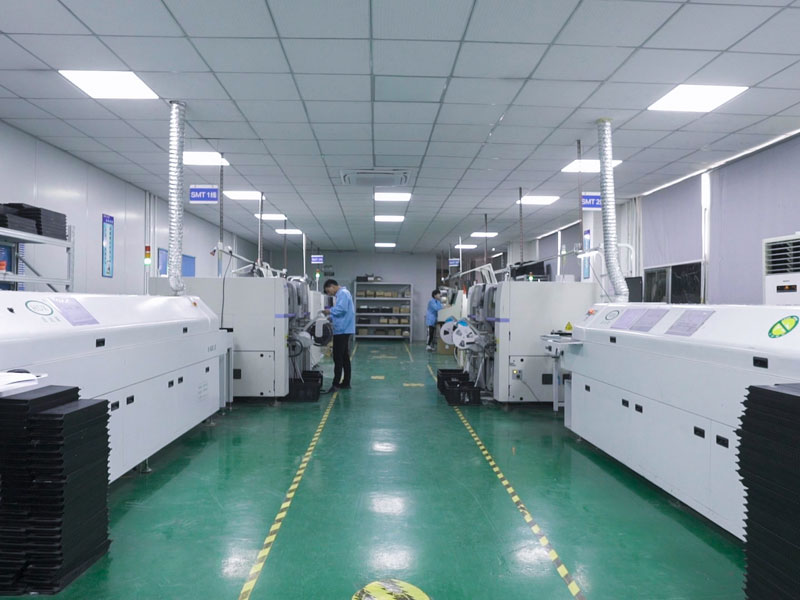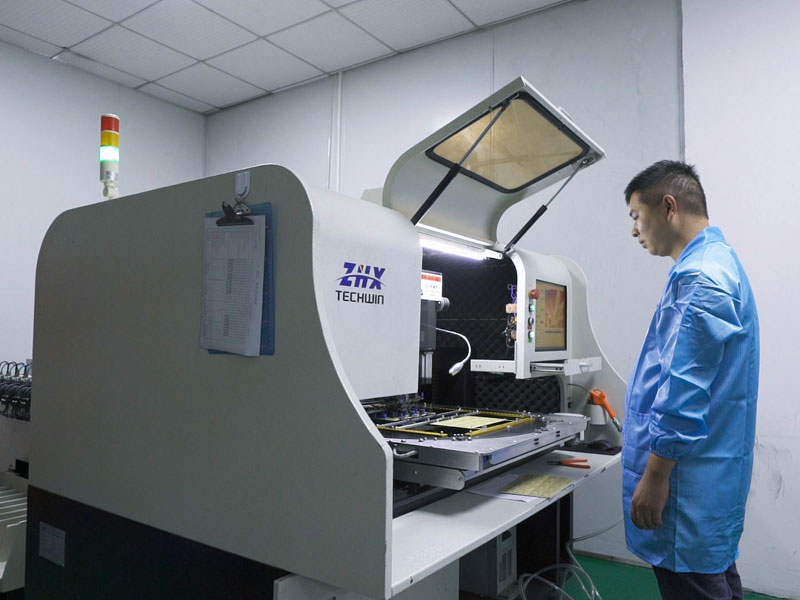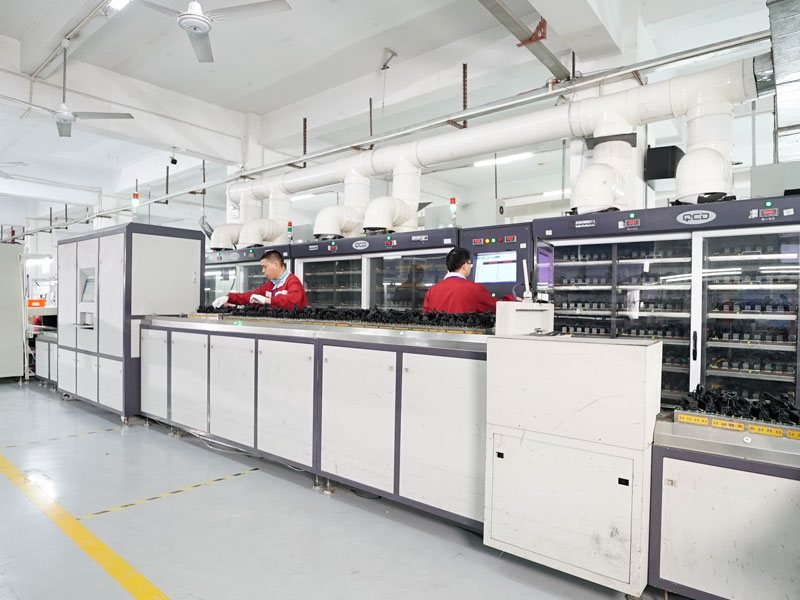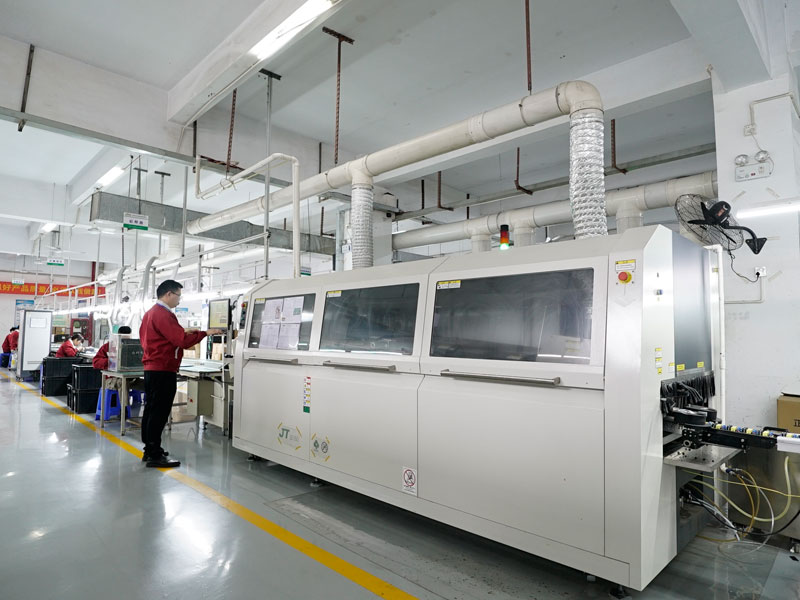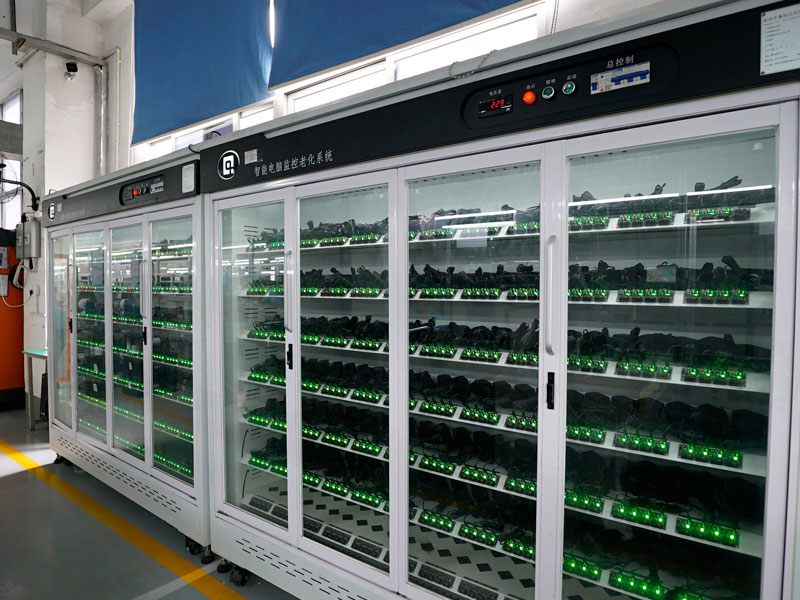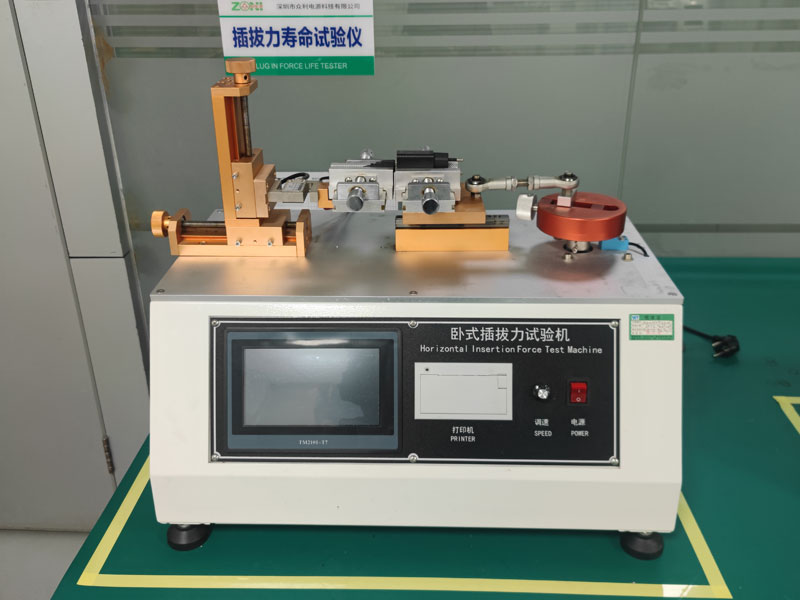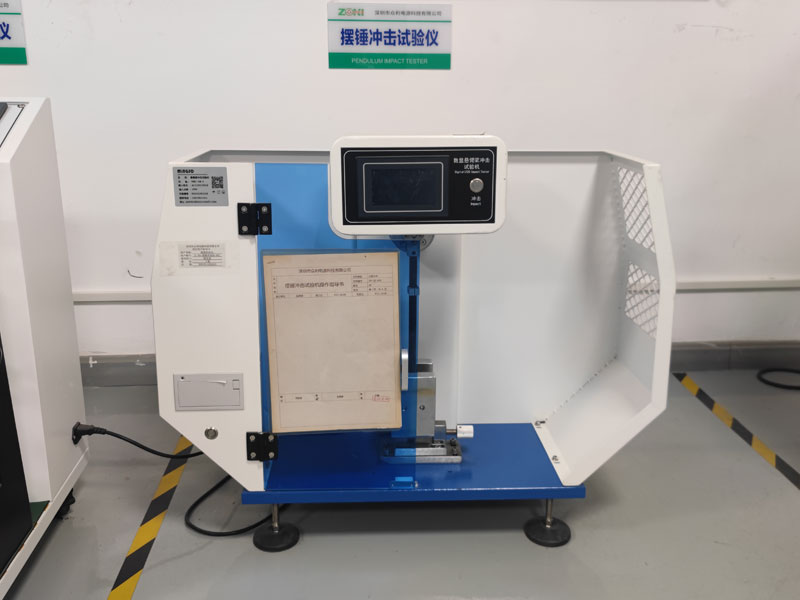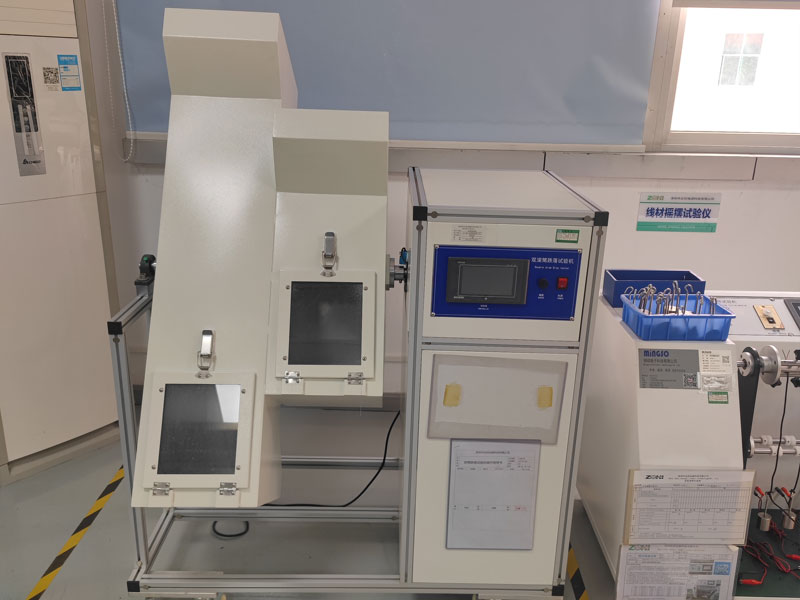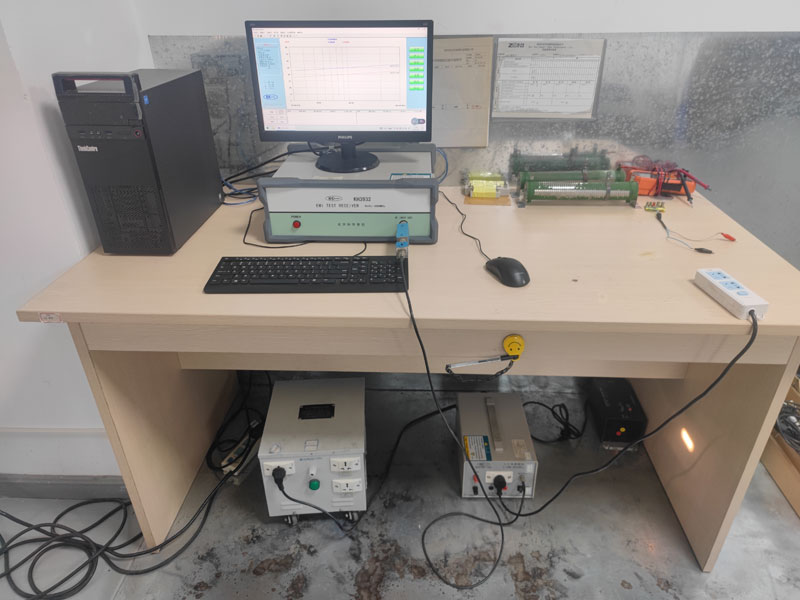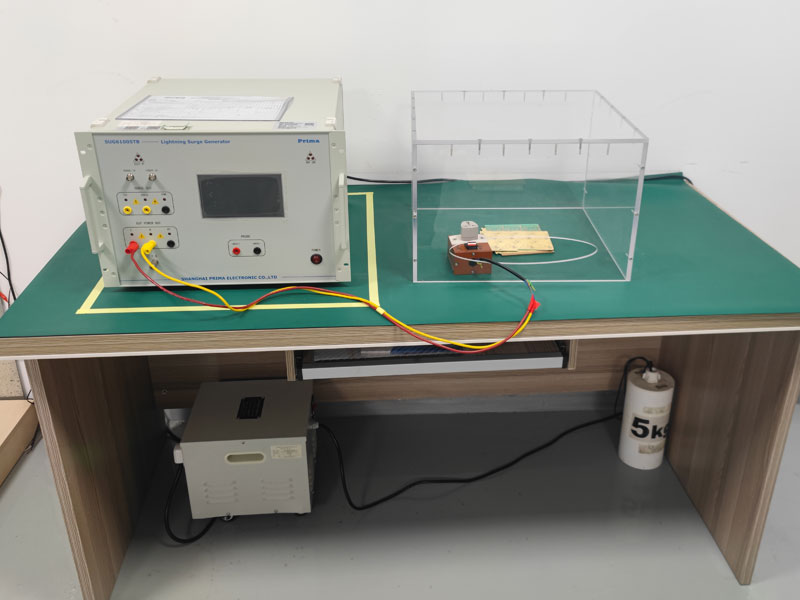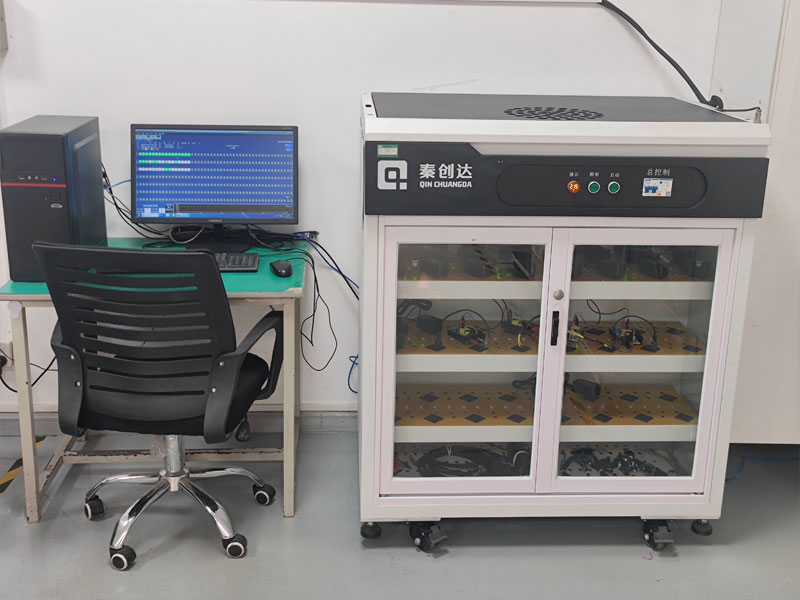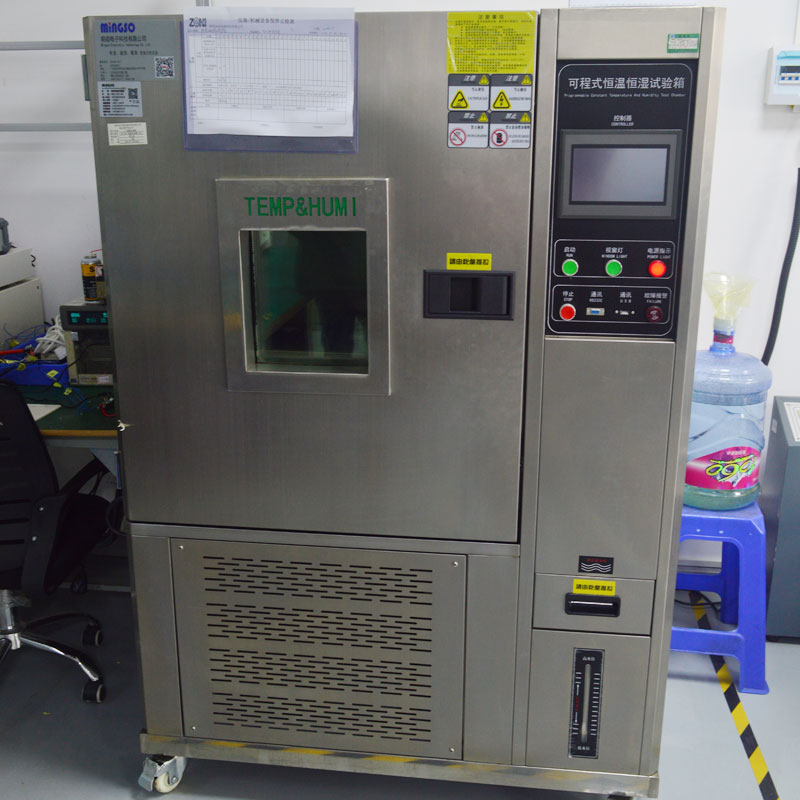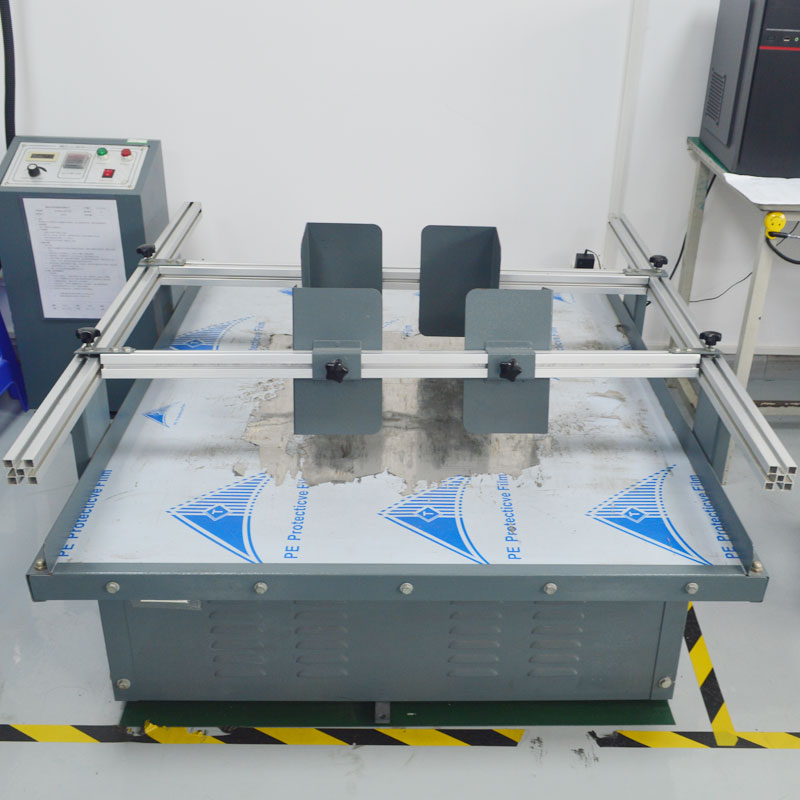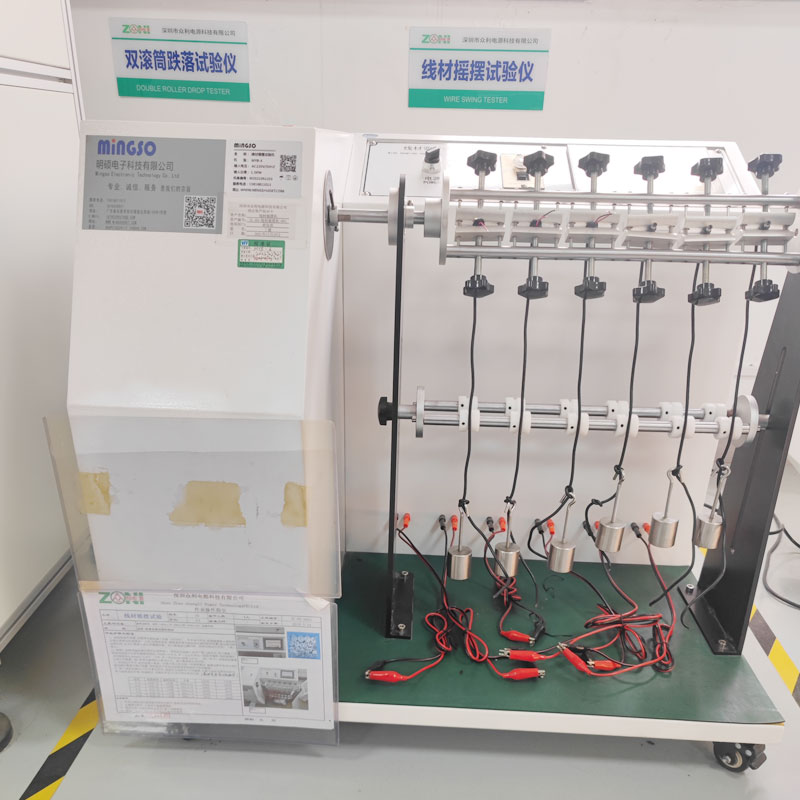- English
- Español
- Português
- русский
- Français
- 日本語
- Deutsch
- tiếng Việt
- Italiano
- Nederlands
- ภาษาไทย
- Polski
- 한국어
- Svenska
- magyar
- Malay
- বাংলা ভাষার
- Dansk
- Suomi
- हिन्दी
- Pilipino
- Türkçe
- Gaeilge
- العربية
- Indonesia
- Norsk
- تمل
- český
- ελληνικά
- український
- Javanese
- فارسی
- தமிழ்
- తెలుగు
- नेपाली
- Burmese
- български
- ລາວ
- Latine
- Қазақша
- Euskal
- Azərbaycan
- Slovenský jazyk
- Македонски
- Lietuvos
- Eesti Keel
- Română
- Slovenski
- मराठी
- Srpski језик
Workshop
Our facility boasts a fully automated production line, equipped with
1. 6 wave soldering machines
2. 10 ATE testing integrated systems
3. 6 automated aging racks,
4. 2 automated surface mount machines,
5. 1 automated insertion machine,
6. 10 ultrasonic machines,
7. 1 fully automated printing machine
8. 2automated testing lines.
These cutting-edge machines enable us to streamline our manufacturing processes, improve efficiency, and maintain consistent product quality.
-
SMD Workshop
-
Reflow Soldering Workshop
-
Automatic Insertion Machine
-
Automatic Burn-in & Test Workshop
-
Wave-soldering Machine
-
Burn-in Room
To ensure the product quality, our factory conducts strict inspections on all purchased materials. Currently, we have various testing instruments including insertion and extraction force testers, EMI testers, insulation impedance testers, temperature testers, high and low-temperature testers, constant temperature and constant humidity testers, vibration testers, aging testers, drum testers, shell impact testers, wire swing testers, resistance and capacitance testers, cumulative testers, conductivity testers, radiation test chambers, ROHS testers, etc. With these advanced instruments, we can ensure that the raw materials meet industry standards and guarantee the final product quality to meet customer requirements.
-
Plug in Force Life Test
-
Pendulum Impact Tester
-
Drum Tester
-
EMI Tester
-
Lightning Tester
-
Life Tester
-
Constant Temperature and Humidity Tester
-
Vibration Tester
-
Wire Swing Tester
Insertion and Extraction Force Testers: These testers are used to measure the force required to insert or extract components or connectors. They ensure that the connections are secure and meet specified requirements.
EMI Testers: EMI stands for Electromagnetic Interference. EMI testers are used to assess the electromagnetic compatibility of products. They measure the level of electromagnetic emissions generated by the product and ensure that it complies with relevant standards, minimizing interference with other electronic devices.
Insulation Impedance Testers: These testers measure the impedance or resistance of insulation materials. They help verify that the insulation meets specified standards and can withstand electrical stress without significant leakage or breakdown.
Temperature Testers: Temperature testers are used to evaluate the performance of products under various temperature conditions. They can simulate extreme temperatures to assess the product's ability to function reliably across a range of operating environments.
High and Low-Temperature Testers: These testers are specifically designed to subject products to extreme high and low temperatures. They help identify any issues related to thermal expansion, contraction, or material degradation that may affect the product's performance.
Constant Temperature and Constant Humidity Testers: These testers create controlled environments with precise temperature and humidity levels. They are used to assess the product's performance and stability under specific humidity conditions, which is important for certain industries like electronics or pharmaceuticals.
Vibration Testers: Vibration testers simulate vibrations that products may experience during transportation, usage, or specific operational conditions. They help identify potential weaknesses or failures caused by vibration-induced stress.
Aging Testers: Aging testers subject products to accelerated aging conditions, such as high temperatures, humidity, or prolonged usage. By doing so, they evaluate the product's durability and performance over an extended period, allowing manufacturers to predict and address potential issues before they occur in real-world scenarios.
Drum Testers: Drum testers are commonly used for testing the durability and performance of products that are subject to rough handling or transportation. The product is placed in a rotating drum, and its ability to withstand impacts, vibrations, or other mechanical stresses is assessed.
Shell Impact Testers: These testers evaluate the impact resistance of a product's outer shell or enclosure. They simulate impacts that can occur during transportation, handling, or accidental drops, ensuring that the product remains intact and functional.
Wire Swing Testers: Wire swing testers assess the durability and flexibility of wires or cables. They subject the wires to repeated bending or swinging motions to ensure that they can withstand mechanical stress without damage or performance degradation.
Resistance and Capacitance Testers: These testers measure the resistance and capacitance of electronic components to ensure they meet specified values. They help identify any variations or defects in the components that may affect product performance.
Cumulative Testers: Cumulative testers evaluate the product's performance over an extended period of continuous operation. They are used to assess factors such as reliability, stability, and potential wear or degradation that may occur over time.
Conductivity Testers: Conductivity testers measure the electrical conductivity of materials or components. They help ensure that the conductivity meets desired specifications, which is crucial in industries like electronics or electrical engineering.
Radiation Test Chambers: Radiation test chambers simulate radiation exposure, such as electromagnetic radiation or ionizing radiation, to assess the product's resistance and performance under such conditions. These tests are particularly important for products used in radiation-intensive environments or applications.
ROHS Testers: ROHS (Restriction of Hazardous Substances) testers are used to determine the presence and quantity of hazardous substances, such as lead, mercury, or cadmium, in products. These tests ensure compliance with regulations and standards that restrict the use of certain hazardous materials.

